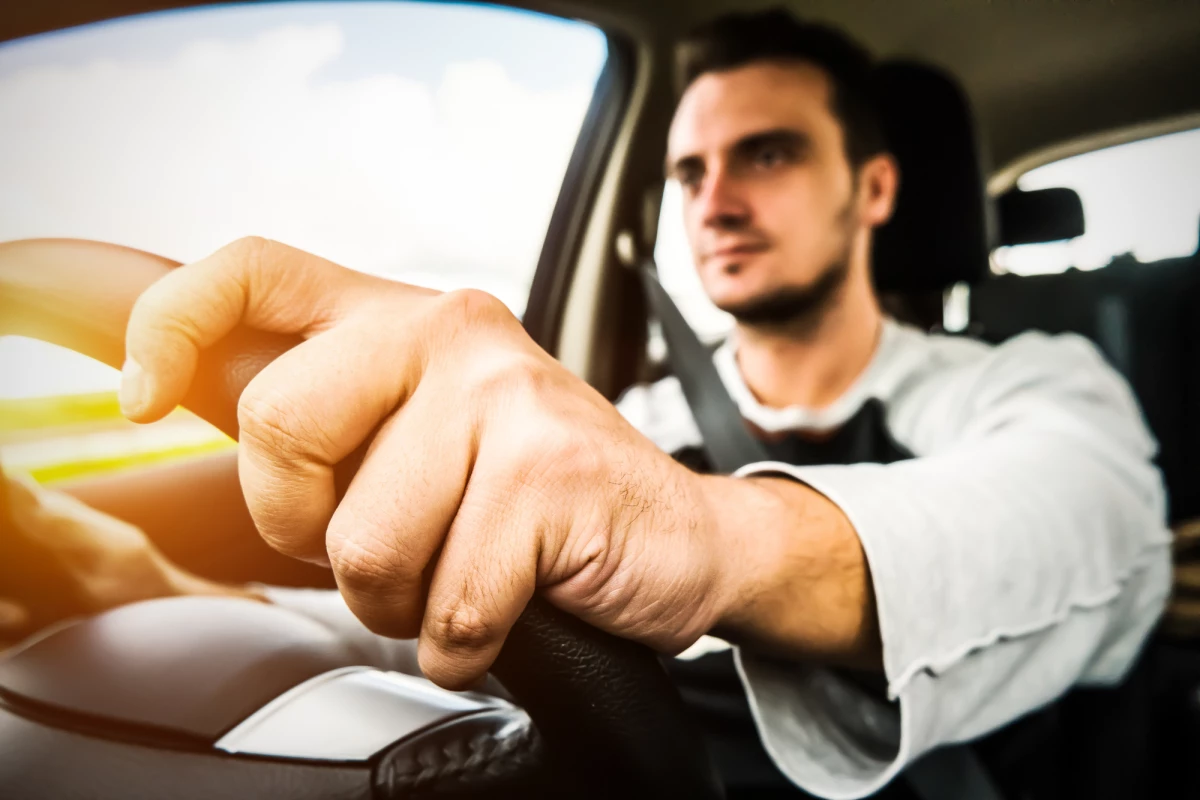It's better to spot drunk drivers as soon as they get in their car, not once they've already been dangerously driving the roads for some time. A new facial tracking system was created with that fact in mind, and it utilizes a regular in-vehicle video camera.
Although there already are a number of experimental car-integrated setups for detecting intoxication in drivers, many utilize specialized equipment such as mini breathalyzers or even pressure-sensing seats. Others work by assessing drivers' driving patterns, potentially allowing those individuals to drive drunk as the data is still being gathered.
In response to such limitations, scientists at Australia's Edith Cowan University set out to develop a system that could provide early intervention via conventional, inexpensive hardware.
The researchers started out by having 60 volunteers use an indoor driving simulator while a conventional RGB (red, green, blue) video camera recorded footage of their face. Each person drove at three successive levels of intoxication: Sober, Low and Severe.
A machine-learning-based algorithm was then used to scrutinize the footage, looking for telltale visual characteristics exhibited by all (or at least most) of the test subjects at each of the three levels. It was found that certain facial movements, along with gaze direction and head position, were relatively consistent indicators.
When the algorithm was subsequently tested on more drunk-driving facial videos, it proved to be 75% accurate at determining which of the three levels each person fell into. That figure should improve as the technology is developed further, which could involve training it on a larger dataset, among other things.
The system could additionally be integrated into a smartphone app (although it wouldn't be the first intoxication-detection app), allowing users to test themselves or people traveling with them. And the possibilities don't stop there.
"This research confirms that it is possible to detect intoxication levels using just a simple camera," says the lead scientist, Dr. Syed Zulqarnain Gilani. "The next step in our research is to define the image resolution needed to employ this algorithm. If low-resolution videos are proven sufficient, this technology can be employed by surveillance cameras installed on roadside, and law enforcement agencies can use this to prevent drink driving."
A paper on the research was recently presented at the IEEE/CVF Winter Conference on Applications of Computer Vision.
Source: Edith Cowan University




